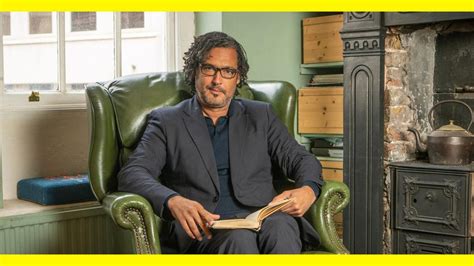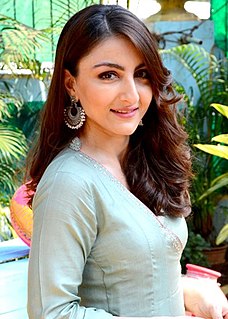A Quote by David Selbourne
The Saga of Dharmapuri is one of the great works of modern Indian literature. (...) Set against Vijayan's heroic and scatological Candide -- originally written in Malayalam and finely translated into English by the author -- the timidity of our own English talent for political satire is embarrassingly laid bare. For this is dangerous stuff, and cut close to the bone. (...) Fiercest of all is Vijayan's Voltairean recoil from Indian cringing to power.
Related Quotes
We know from our recent history that English did not come to replace U.S. Indian languages merely because English sounded musical to Indians' ears. Instead, the replacement entailed English-speaking immigrants' killing most Indians by war, murder, and introduced diseases, and the surviving Indians' being pressured into adopting English, the new majority language.
Some stories I write in Swedish, some in English. Short stories I've almost exclusively written in English lately, mostly because there's such a small market for them in Sweden and it doesn't really pay either. So, the translation goes both ways. What also factors in is that I have a different voice in English, which means that a straight translation wouldn't be the same as if I'd written it in English originally.
Translated literature can be fascinating. There's something so intriguing about reading the text second hand - a piece of prose that has already been through an extra filter, another consciousness, in the guise of the translator. Some of my favorite writers who have written in English were doing so without English being their first language, so there's a sense of distance or of distortion there, too. Conrad. Nabokov. These writers were employing English in interesting ways.
Modern English, especially written English, is full of bad habits which spread by imitation and which can be avoided if one is willing to take the necessary trouble. If one gets rid of these habits one can think more clearly, and to think clearly is a necessary first step toward political regeneration: so that the fight against bad English is not frivolous and is not the exclusive concern of professional [or scholarly] writers.
I think that Indian writing in English is a really peculiar beast. I can't think of any literature - perhaps Russian literature in the nineteenth century comes close - so exclusively produced by and closely identified with a tiny but powerful ruling elite, the upper-caste, Anglophone upper middle class, and dependent for so long on book buyers and readers elsewhere.








































